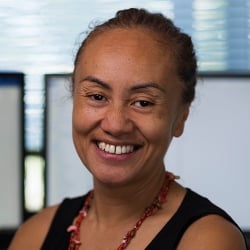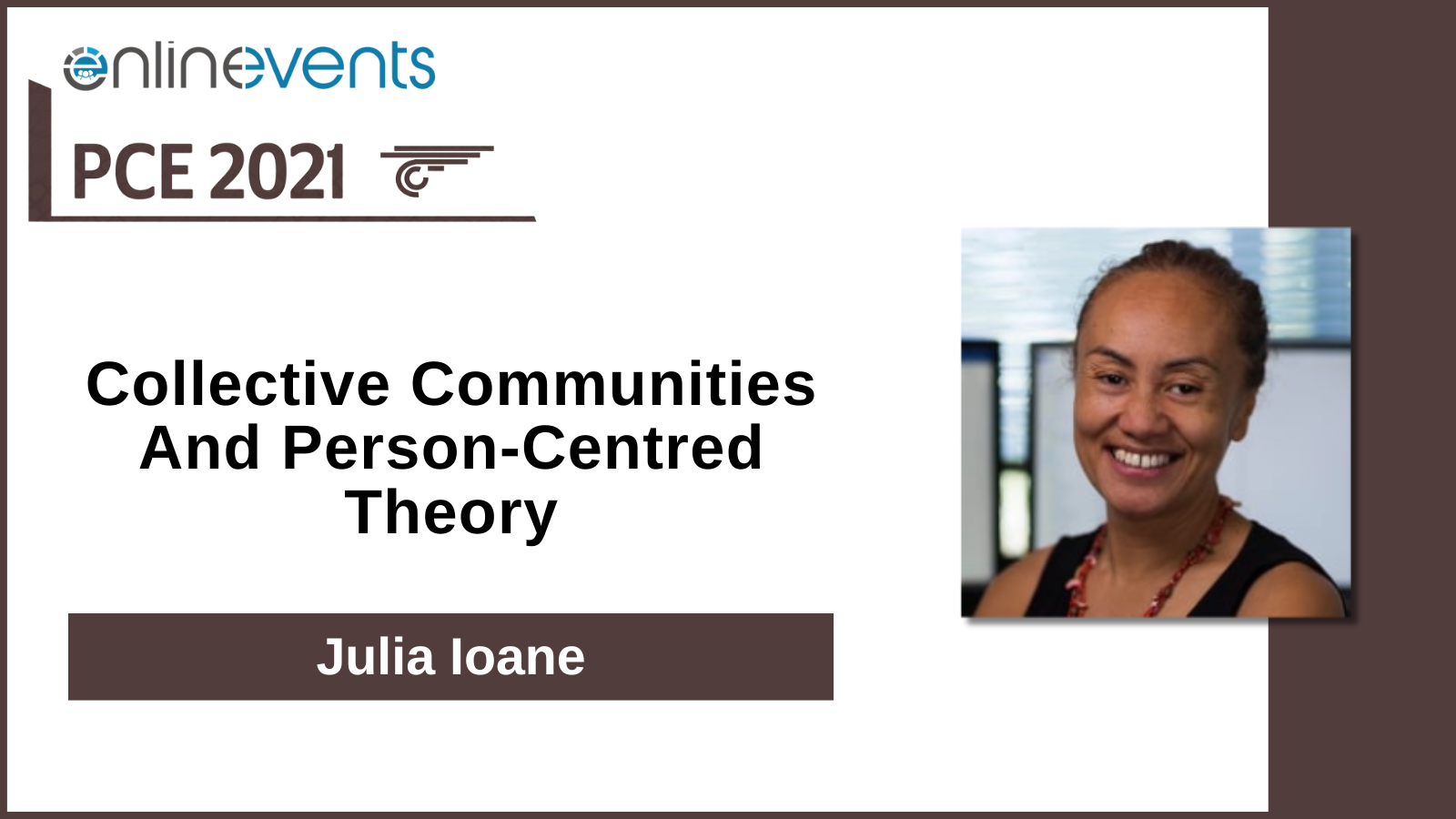Contact with Pasifika communities in Aotearoa New Zealand and abroad will often go beyond a person-centred approach – or does it? Pasifika and collective communities are embedded within their whanau/aiga/community, but what does this mean as a practitioner or clinician when conducting therapy? Furthermore, being Pasifika or having a collective worldview means that the person or individual is not the focus, so can a person-centred approach authentically fit within their worldview? Also, given that more than 70% of Pasifika in Aotearoa New Zealand are engaged in religion, faith and/or spirituality, and the growing interest in the field of a bio-psycho-social-approach to psychology and therapy, where does person-centred theory sit? Drawing on her own work in the field, both as a clinician and theoretically, Julia will talanoa about these questions and leave some reflection for us as we close our conference.
Organisation
The World Association for Person-Centered & Experiential Psychotherapy & Counseling had its genesis in the mid 1990s after person-centred theoreticians and practitioners felt there was not an adequate representation of the PCA at the First World Conference on Psychotherapy (WCP) in July 1996.
Nearly 25 years since it was officially formed, our desire remains to be an identifiable, international organization serving as a world-wide forum.
For details of the upcoming PCE 2024 Conference please visit pce2024.com
Presenter

Folasāitu Dr Julia Ioane is a Samoan matai with strong genealogical connections to the villages of Leauva’a and Fasito’outa in Samoa. She is associate professor in psychology at Massey University and a registered clinical psychologist. She has over 10 years of experience working with children and young people involved in care and protection; and youth justice matters. She has also adapted western models of psychology including therapeutic models and contextualising practice to the worldviews of the indigenous clients that she continues to serve. Dr Ioane has been working in Samoa for their Judiciary to introduce psychological frameworks of practice and contextualising these within a Samoan and collective worldview often consisting of a person-centred approach that includes aiga, family, village and community.



